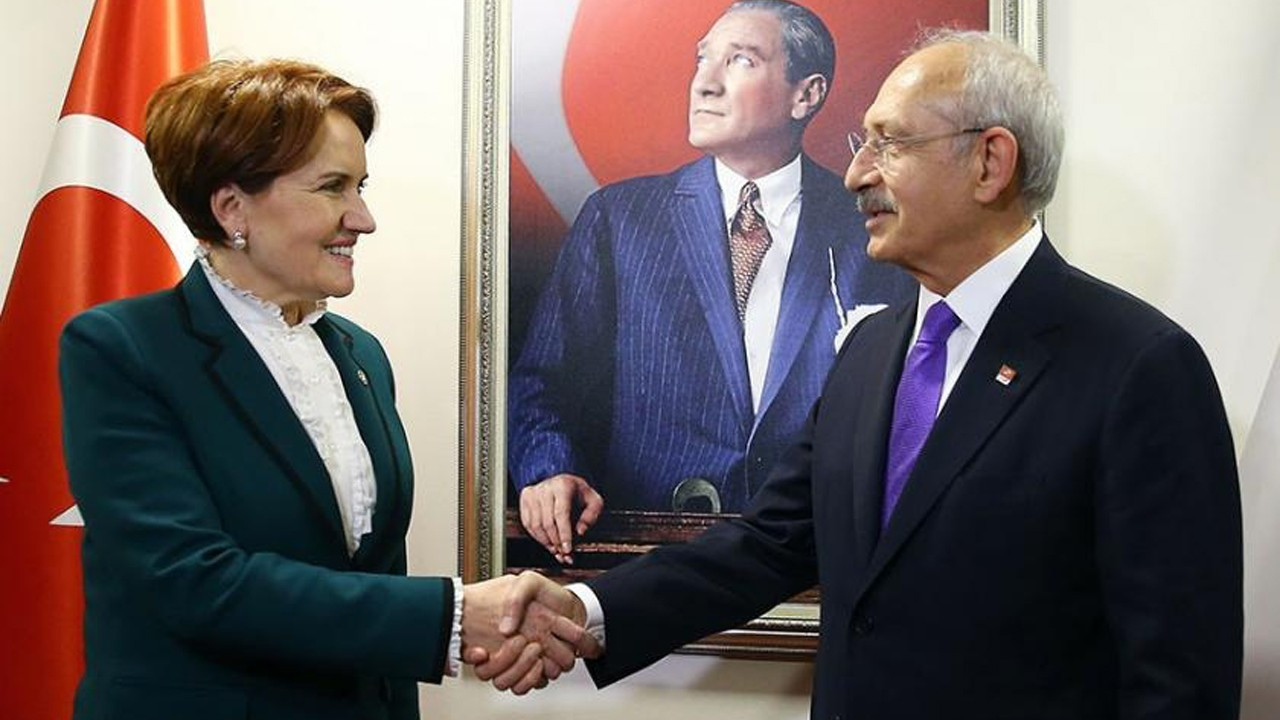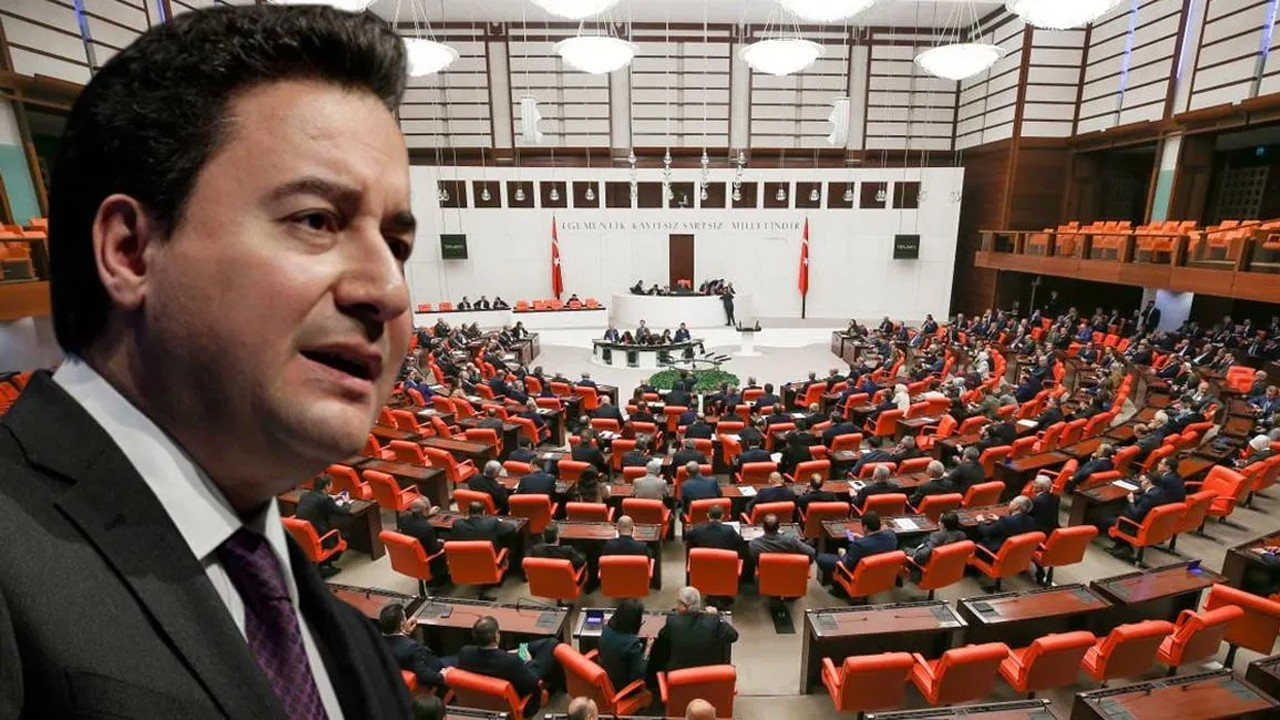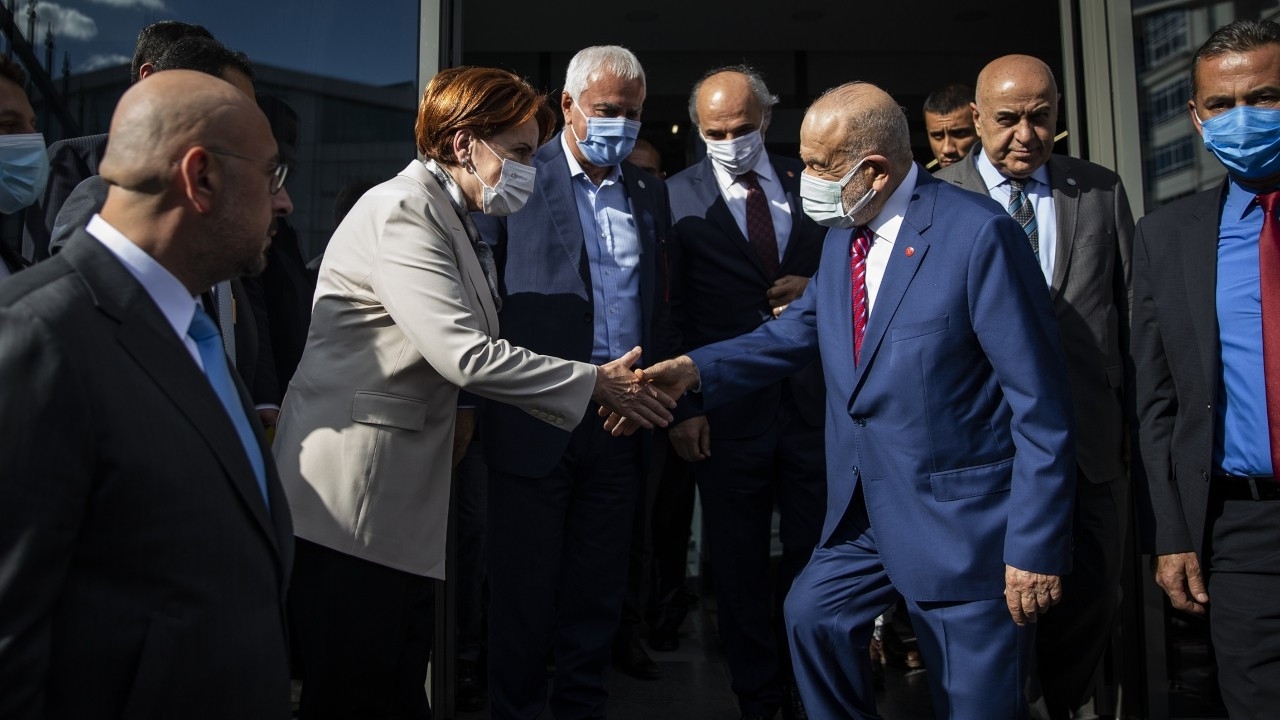The winds of change in Turkish politics and bureaucracy
Murat Yetkin writes: These days, both the government and the opposition in Turkey speak of the promise of change. As political journalists, we observed a similar pattern in the final phase of the three-party coalition by Bülent Ecevit after the government drove the economy on the ground. All of a sudden, files started pouring in from the bureaucracy. Some bureaucrats wanted to show that they don’t agree with the wrongdoings.
Duvar English
Prominent journalist Murat Yetkin wrote that a wind of change in Turkish politics is the talk of the town recently. He likened the current mood in Ankara to the final phase of the coalition government led by the late Prime Minister Bülent Ecevit in 2001.
"As political journalists, we observed a similar pattern in the final phase of the three-party coalition by Bülent Ecevit after the government drove the economy on the ground. All of a sudden, files started pouring in from the bureaucracy. Some bureaucrats wanted to show that they don’t agree with the wrongdoings. As a result, with Bahçeli’s call for early elections, the Erdoğan period began in 2002," Yetkin said in his piece.
He also argued that the propaganda team of the Presidency cannot see that their desperate scenario to get Erdoğan to a market-shopping as a means of fighting high prices backfired terribly.
"All these developments affect the bureaucracy, which is a part of society. Except for a handful of AKP elites, there aren’t many bureaucrats getting multiple salaries from various government agencies. They are also suffering livelihood problems, and more importantly, they also started to take the possibility of a change in political power into account. Turkish upper-middle-level bureaucrats have always been among those who first sense the possibility of a change in power. And they want to protect their jobs," he said.
Yetkin's piece in full can be reached here.

 CHP head says it would be 'valuable' for Akşener to become prime ministerPolitics
CHP head says it would be 'valuable' for Akşener to become prime ministerPolitics Presidential candidate must vow to reinstate parliamentary system, Babacan saysPolitics
Presidential candidate must vow to reinstate parliamentary system, Babacan saysPolitics Turkey's opposition alliance plans to announce joint declaration soonPolitics
Turkey's opposition alliance plans to announce joint declaration soonPolitics Main opposition leader to EU ambassadors: Turkey has problems with democratic standardsPolitics
Main opposition leader to EU ambassadors: Turkey has problems with democratic standardsPolitics